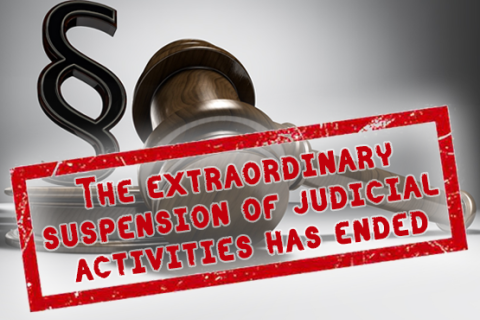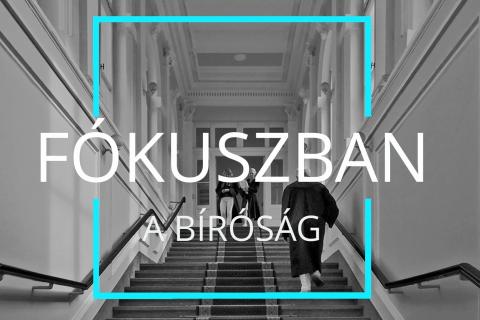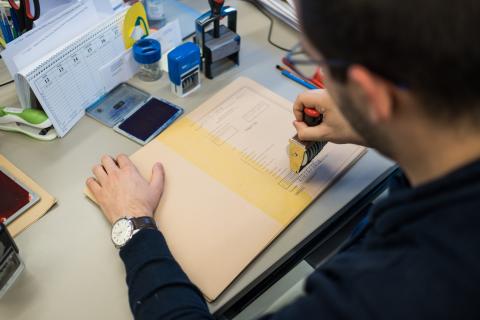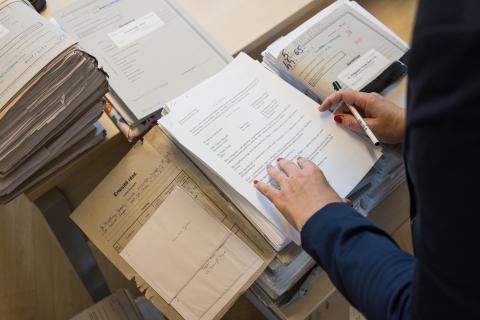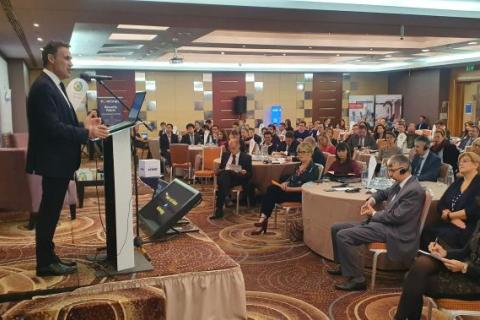Részletes keresés
The extraordinary suspension of judicial activities – in effect since the 15th of March 2020 - has ended. According to Government Decree 74/2020 (III.19.) on certain procedural measures prevailing during the state of danger the courts also operate during the state of danger, however, the measures to protect the health of court staff and clients in the current epidemiological situation must continue to be complied.
The witness care and victim protection programme launched by the National Office for the Judiciary aims among others at providing witnesses summoned to court hearings with comprehensive and easily understandable information, ensuring a free-from-fear atmosphere for witness and victim testimonies and improving the conditions of questionings.
In the ten years after the accession of Hungary to the European Union in 2004, judges in Hungary have initiated preliminary ruling procedures (hereinafter: preliminary ruling procedure2) in the highest number as compared to those initiated by the Member States newly accessed to the EU.
The public vote on the works submitted for the photo contest "Courts in Focus” ended on Sunday. The nominees who receives the majority of the votes will be awarded a public prize. The voting has moved many, and it will soon turn out who has won over the audience the most, with just over two weeks to wait for the results to be announced.
Applications from thirty-five court leaders have been assessed and evaluated by the National Office for the Judiciary (NOJ) until October 31st.
The application deadline was 23 August for those who have chosen the classical career path to become a judge, and intend to work as trainee judges.
We would like to inform our clients that electronic administration is suggested for the registration procedure of non-governmental organisations and other associations in relation to the prevention of the COVID-19 epidemic.
On 29 April 2013 a delegation of the European Network of Councils for the Judiciary (ENCJ) visited Hungary accepting the invitation of the National Judicial Council. Paul Gilligan, president of the ENCJ, Horatius Dumbrava, member of the ENCJ Executive Board and Monique van der Goes, director of the ENCJ Office were the members of the delegation.
The President of the National Office for the Judiciary acted in accordance with the law in the assessment of applications for judicial posistions in 2018.
Angol nyelven is elérhetők a bírói és a bírósági vezetői pályázatok elbírálásáról szóló tájékoztatók
Az Országos Bírósági Hivatal (OBH) elnöke, dr. Handó Tünde 2018-ban 284 bírói és 47 bírósági vezetői álláshelyre kiírt pályázat elbírálásában vett részt. Az OBH angolul is megjelentette az erről szóló tájékoztatókat.
It is possible to start court proceedings electronically during the extraordinary suspension of judicial activities. Court offices are not available for personal administration, however it is possible to get information electronically and by telephone. It is suggested to manage the cases electronically, however it is still possible to send the submissions by regular mail or to put them in post boxes at the entrance of the courts.
Prof. dr. Richard Susskind, writer and future research lawyer, discussed the future of online courts and justice with dr. Tünde Handó, president of the National Office for the Judiciary (NOJ) and dr. Péter Darák, president of the Curia, at a roundtable discussion on Walters Kluwer Legal Innovation Day.
Since 2015, the National Office for the Judiciary (NOJ) has been publishing an integrity questionnaire for judges every year to understand the processes and circumstances relating the integrity of the judiciary. The NOJ continuously strives to keep the questions clear and up-to-date and the questionnaires’ length limited to keep the target group motivated in participation, while providing lots of information at the same time.
